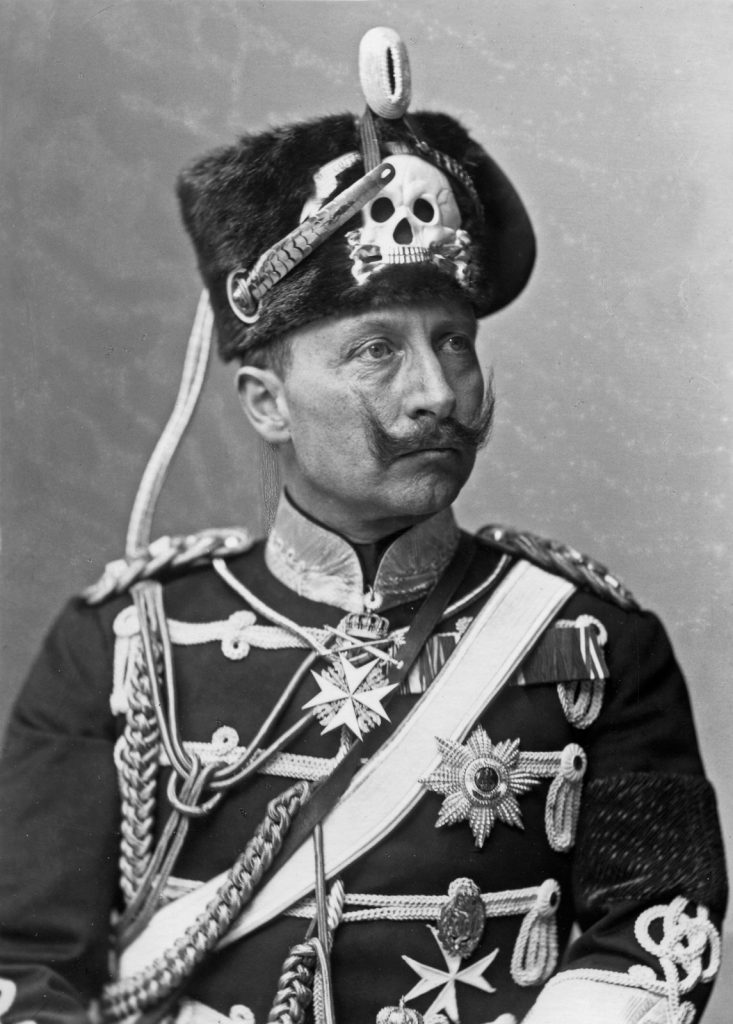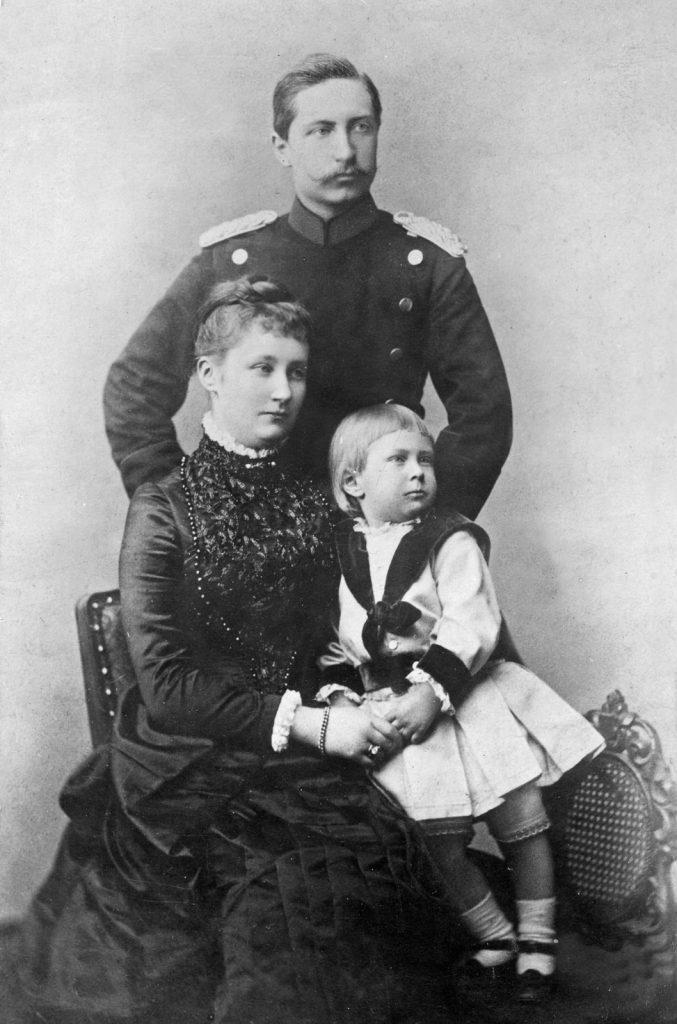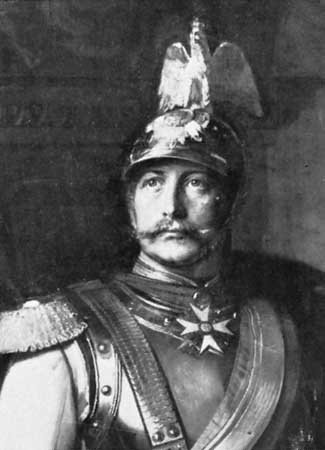The Emperor Who Fell – Kaiser Wilhelm II
This week we were introduced to Survey 8, covering the period of 1915-1925. What piqued my interest was that Kazimir Malevich took inspiration from the Greek philosopher Plato, who believed geometry was the best kind of beauty. Not exactly sure what Plato meant, but if it was just simple geometry- I have to disagree, for nature is more complex and beautiful than a simple square.
World War II was also mentioned today, and as a researcher assigned to cover a topic relating to geopolitics, I decided to cover one of the war’s significant figures: Kaiser Wilhelm II.

Born in Potsdam, Germany on January 27,1859, Friedrich Wilhelm Victor Albert had a rather tough upbringing, with his left arm permanently damaged by a complicated birth. Wilhelm also had dysfunctional relationships with his parents.
Wilhelm was intelligent and extremely interested in science and technology. However, he also had a quick-tempered, impulsive, high-strung personality.
His childhood was influenced by the forming of the German Empire under Wilhelm’s father’s rule in 1871. Wilhelm was filled with enthusiasm at the time, being twelve years of age, and was determined to win a future “place in the sun” for Germany. He would later succeed his father as kaiser, or emperor of Germany on June 15, 1888.

Wilhelm immediately appointed civil servant chancellors instead of statesmen. Even discharging chancellor Otto von Bismarck beforehand, who believed Wilhelm would cause Germany to collapse.
While in power, Wilhelm damaged his own political position. Meddling with foreign policies in response to his emotions, offending nations such as Britain, and being accused of having illegitimate offspring. Wilhelm was psychologically broken by the criticism following his past actions, which mostly influenced his future actions in World War I.
Wilhelm committed to creating a powerful navy to rival Great Britain’s, which he was envious of back then, but also caused financial issues for the German government. He also signed a military order due to pressure from his generals, leading to a declaration of war against Russia and France in August 1914.
He did little to manage the military, only acting as a public-relations figure by giving medals and touring German front lines. Often, he encouraged the strategies of the generals and politicians that subdued chances of a peaceful resolution to the war.

Eventually, national and naval unrest in late 1918 convinced political leaders that Wilhelm should abdicate the throne. His abdication was announced long before he gave consent, but nonetheless, he agreed to step down. Moving away to the Netherlands, where he spent the rest of his life away from the troubles of war.
Living in the Netherlands prevented Wilhelm from maintaining his position in Germany, thus he lived quietly in the countryside until he died on June 4, 1941.
Wilhelm was perceived as a warlord by the British back then, however, this view has changed, viewing him more as one involved from the sidelines- criticized for encouraging the actions of German officials without regarding the consequences.
WORKS CITED
- History.com Editors. “Kaiser Wilhelm II.” World War I, 14 Apr. 2010. A&E Television Networks, https://www.history.com/topics/world-war-i/kaiser-wilhelm-ii. Accessed 6 Nov. 2019.
- Balfour, Michael Graham. “William II.” Biographies, 31 May, 2019. Encyclopædia Britannica, inc., https://www.britannica.com/biography/Hermann-von-Helmholtz. Accessed 6 Nov. 2019.
IMAGES OBTAINED FROM
- https://www.britannica.com/biography/William-II-emperor-of-Germany